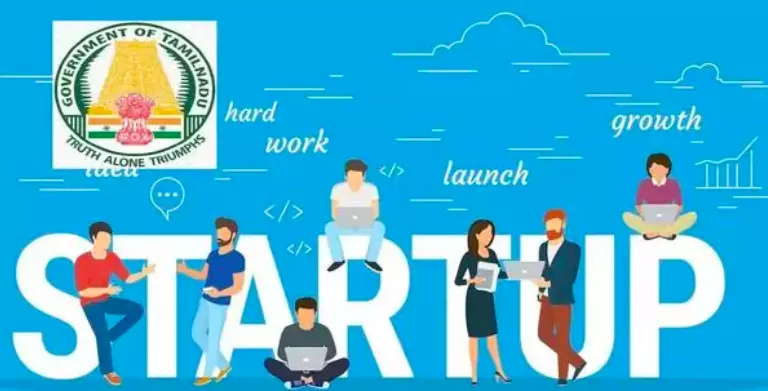Mumbai: India is currently home to 67 unicorns, 46 gazelles and 106 cheetahs, according to ASK Private Wealth’s Hurun India Future Unicorn Index 2024. Last year, there were 68 unicorns, 51 gazelles and 96 cheetahs.
In 2024, 38 new entrants were included in the index, including seven gazelles (companies expected to become unicorns within three years) and 31 cheetahs (companies predicted to reach unicorn status within five years).
However, a record 25 potential unicorns were dropped from the list, including Rapido, Koo, Dunzo, Paper Boat, Dotpe, Gaana and Park. Three startups became unicorns this year – Indian quick delivery startup Zepto, which achieved unicorn status in August 2023, InCred Finance, which became a unicorn in December 2023, and logistics platform Porter. Online travel aggregator IXIGO was dropped from the list due to its IPO which was 98 times oversubscribed.
According to Hurun Research Institute, a unicorn is a startup founded after 2000 with a valuation of $1 billion, a gazelle is a startup most likely to become a unicorn within the next three years, and a cheetah is a startup that has the potential to become a unicorn within the next five years. India’s future unicorns are currently valued at $58 billion, up 1.8% compared to 2023.
Anas Rahman Junaid, Managing Director and Chief Researcher, Hurun India said, “The ASK Private Wealth Hurun India Future Unicorn Index provides key insights into the current state and future outlook of the Indian startup ecosystem. Amidst a fundraising winter, pre-2021 overvaluations and setbacks for companies like Byju’s, the once golden startup ecosystem is now at a critical inflection point. Despite 44 companies dropping out of the index in the past year, this year’s index has 38 new entrants.”
“The economic slowdown has posed challenges for certain companies, with 24% of Gazelles/Cheetahs being delisted or downgraded last year. Hurun Research suggests these companies may no longer have the potential to become unicorns within three years. Rising interest rates and geopolitical challenges are creating obstacles for startups to raise capital,” Rahman added.

